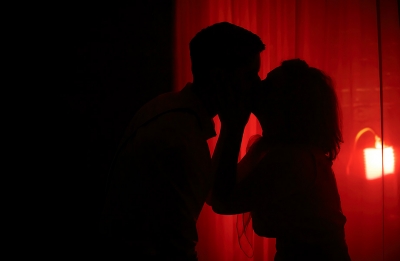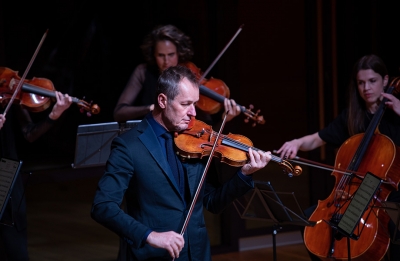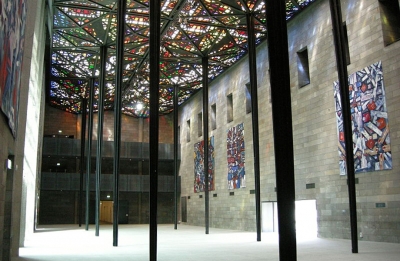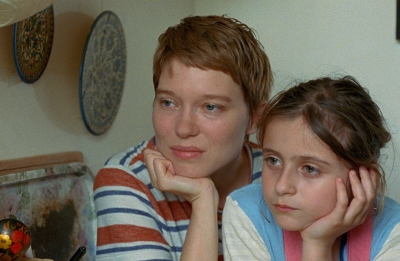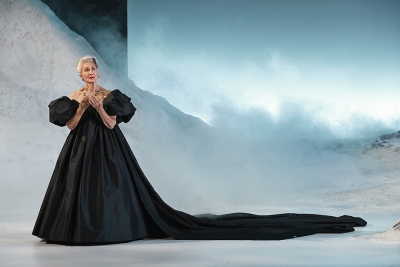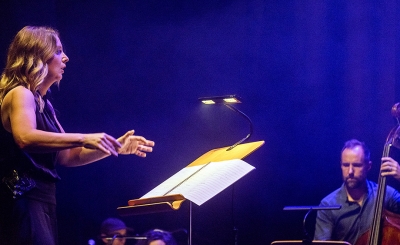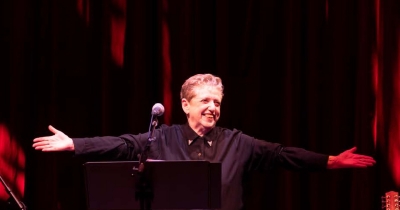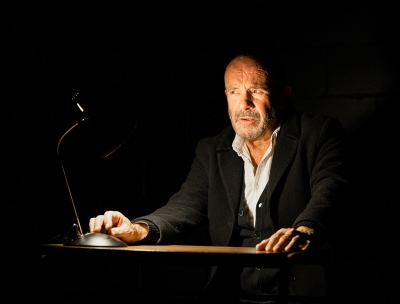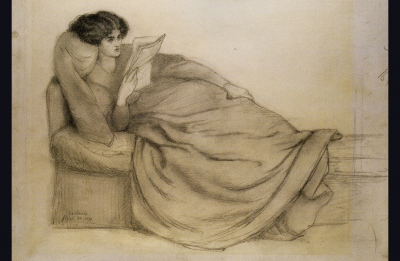Recent reviews
Film | Theatre | Art | Opera | Music | Television | Festivals
Welcome to ABR Arts, home to some of Australia's best arts journalism. We review film, theatre, opera, music, television, art exhibitions – and more. To read ABR Arts articles in full, subscribe to ABR or take out an ABR Arts subscription. Both packages give full access to our arts reviews the moment they are published online and to our extensive arts archive.
Meanwhile, the ABR Arts e-newsletter, published every second Tuesday, will keep you up-to-date as to our recent arts reviews.
Recent reviews
For fans of Tennessee Williams and this most famous of his plays, this production (directed by Alexander Berlage and produced by Redline Productions) is superb! Buy a ticket now, for the shoebox theatre of the ‘Old Fitz’ can seat only fifty-five people and, like the candles of a Tennessee Williams imaginary, this show will burn brightly, but only for a short time.
... (read more)As much as it is a continual delight to hear the Australian Chamber Orchestra (ACO) giving unfailingly wonderful performances in its national touring programs, one is often left yearning to know more about this ensemble’s inner workings and how it creates its magic. For in its artistic director, Richard Tognetti, one might say there is indeed something of the magician, evident both in his own uniquely arresting violin playing and in the way he elicits quite startling results from his fellow musicians.
... (read more)Recently, it was disclosed that the National Gallery of Victoria now pays the salaries of ten per cent of its permanent staff from donations. The Art Gallery of New South Wales’s Sydney Modern Project currently derives around a third of its budget from private donors.
... (read more)In French filmmaker Mia Hansen-Løve’s One Fine Morning (Un beau matin), books play a significant role: as physical objects, gifts, talismans, sources of connection, works in progress. Above all, books can represent a life.
... (read more)John Farnham nearly missed the launch party for his most successful album, Whispering Jack (1986) – he was stuck on a couch in a foetal position. He was under immense pressure. His three-year stint as lead singer of Little River Band (LRB) had left him saddled with some of LRB existing debt. Whispering Jack was clearly his last chance to show the world the kind of artist he thought he could be.
... (read more)Do Not Go Gentle, presented by the Sydney Theatre Company, is a marvel of a play, and this is a marvel of a production. Patricia Cornelius’s words, spoken by Scott of the Antarctic and his ragtag bunch of fellow travellers, are poetic, quixotic, trenchant, and potent. The liminal space offered by the ice and the snow of the setting takes the characters deep into their own psychic extremities. They become ruminative, playful, despairing, and libidinal as they encounter the limits of their physical and emotional capacities. They yearn for the ever-elusive South Pole, seeking to reach an end that promises liberation and obliteration.
... (read more)It is hard to believe that an organisation founded forty years ago could still be flourishing today under the helm of its original founder. When current creative director Martin Jackson, in 1982, conceived the idea of a co-operative aimed at fostering the development of jazz and improvised music in Melbourne, I doubt he could have foreseen where it might lead. But here we are, four decades on, part of a full house at the Melbourne Recital Centre, here to celebrate the numerous achievements of the Melbourne Jazz Co-operative (MJC).
... (read more)Robyn Archer is a singer, performer, writer, artistic director, and public advocate of the arts. She was appointed an ABR Laureate in 2016. She has been performing professionally for more than sixty years, throughout Australia and the world, and is known internationally for her expertise in the Weimar repertoire and her artistic direction of major arts festivals.
... (read more)
